Hold It Right There: Behind the Scenes of the DHS Traffic Fiasco
It would be safe to assume that every DHS student has observed one of the school’s traffic coordinators, Rebecca Trundy and Cindy Miller, direct cars and buses as they enter and leave the school’s two main entrances before and after school. Their objective is to keep students safe in the hustle and bustle. However, questions have been raised about whether their presence helps or harms the situation.
Although students have diverse opinions about their traffic coordinators, most know very little about them. Ms. Trundy has held her position for three years and enjoys her job. She said,“I like being outside. I like directing the traffic. I get up early, but that’s okay with me.” Ms. Trundy does not mind working in the cold of the winter months, since she wears proper gear to stay warm. However, she does find it irksome when she witnesses cell phone use while driving.
Ms. Miller has worked as a traffic coordinator for 23 years and was recently promoted to Traffic Supervisor. She loves her job, especially because it allows her to spend time outdoors. In regards to dealing with hectic traffic, she said, “You have to have a lot of patience. You never have the same day. You deal with different drivers who test you differently.”
Ms. Miller would like to clarify some misunderstandings she feels the students have. First, many students refer to her position by the improper title, “crossing guard.” According to Ms. Miller, crossing guards step into the road and hold up signs to direct traffic, then leave the road. In contrast, traffic coordinators direct traffic from the street.
Stories of traffic coordinators leaping on top of cars have circulated through DHS for quite some time. “They jump on your car like animals,” said one senior, who claims to have witnessed this multiple times.
Ms. Miller would like to deny these stories. “No traffic coordinator would do anything like that,” she said. “Although, I’ve seen times when cars would like to run over traffic supervisors because they don’t have any patience.”
Students have frequently griped about the traffic coordinators and cited them as a reason for their tardiness. Many believe that their position is not necessary, since they only augment traffic. Portuguese Teacher Cecilia Amaral agreed. She said, “I think they jam the traffic more than when they are not there. Sometimes our line of traffic is up to the farm, just because she decides to let the buses that are coming out go before those waiting in line.”
Sophomore Christina D’Amour expressed a similar opinion. “I feel like they should let more cars through,” she said. “They only let three cars through at a time, and if you are like 10 feet behind the car in front of you, you’re cut off.”
However, others thought the coordinators were performing their job properly. Spanish Teacher Lili Chamberlain said, “I think they are very helpful. They help me get my left hand turn when I get into school. I notice that when they aren’t there, the traffic is more snarled up.” She gave them credit for performing their difficult job well.
Another issue that arose pertained to the northern entrance that intersects Russells Mills Road. Because buses and parents dropping off students enter through the other entrance, cars must display their DHS parking pass in order to pass through. Senior Abby Clark said, “If you don’t have your pass, they’ll jump in front of your car and ask where it is.”
Dr. Amaral also had this issue, due to the fact her rearview mirror is too thick to hang her pass from. “I have to hold it in my hand. Sometimes when I am turning, she will stop me and not let me go even though I am showing it to her,” she said. “When she is not there, the traffic is able to run smoothly because we can control ourselves.”
Junior Rebecca Benoit has become so frustrated with the crossing guard that she schedules her day to avoid them. “In the morning, I make sure I leave by 6:50. I live two minutes away from school, but I want to make sure I leave with enough time so I don’t have to deal with the crossing guards,” she said. “I make sure to leave school between 2:20 and 2:25 so I don’t have to deal with them after school either.” She has found this to be inconvenient but necessary.
Some students have found that the traffic coordinators actually make the intersections less safe. Sophomore Lucas Letourneau said, “All they do is wave their hands, and it’s a distraction. One day, I almost got hit when in my mom’s car because the crossing guard’s hand motions were confusing and caused another car to go at the same time.” He suggested that they be replaced by traffic lights.
Even if replacing the traffic coordinators was something DHS was seriously considering, the school would have little power to do so. According to the Town of Dartmouth Annual Report 2015, the school traffic coordinators are employees of the Dartmouth Police Department.
Yet many students appreciate the traffic coordinators and feel that the entrances are safer because of them, including freshman Alia Stevens. “There are a lot of cars, and I don’t want to get run over,” she said. “It’s dangerous when we run down that road for cross country. We almost get run over and that’s not even in the morning, when there are more cars.”
One freshman who walks to school each day echoed her sentiment. “I guess I appreciate them,” he said. “I mean no one knows how to do a four-way stop without the crossing guard. She basically keeps me from dying every day after school.”

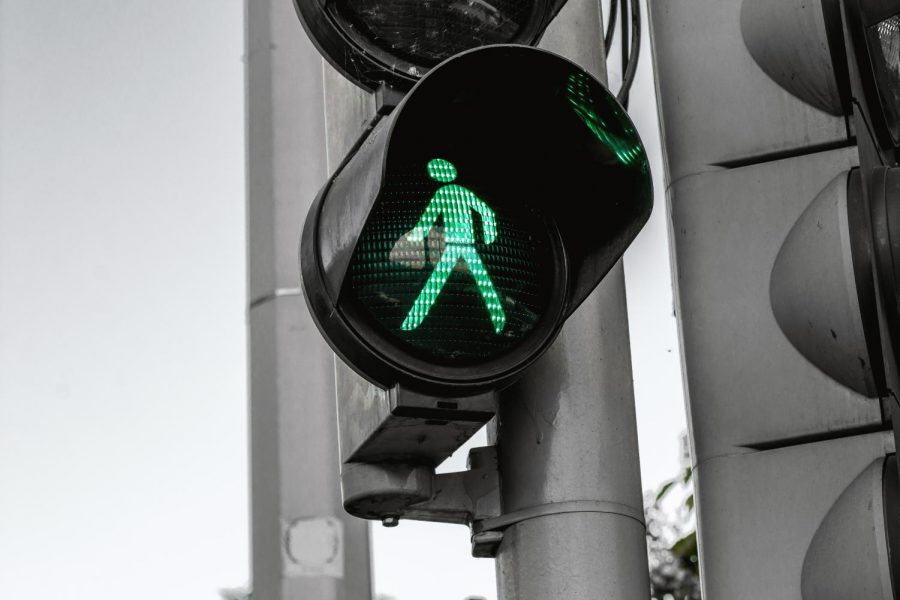
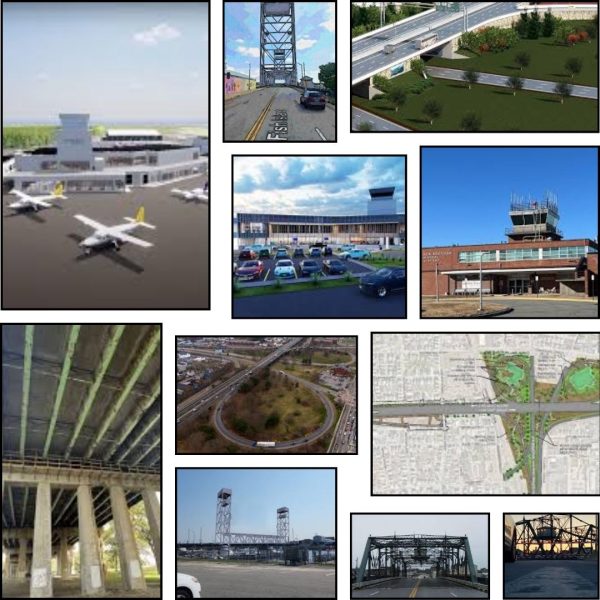
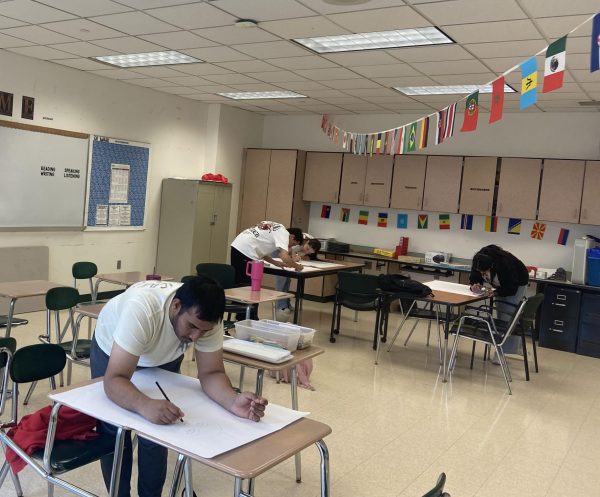
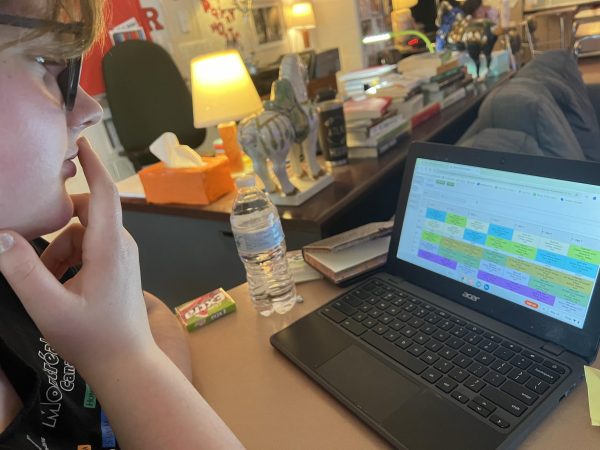

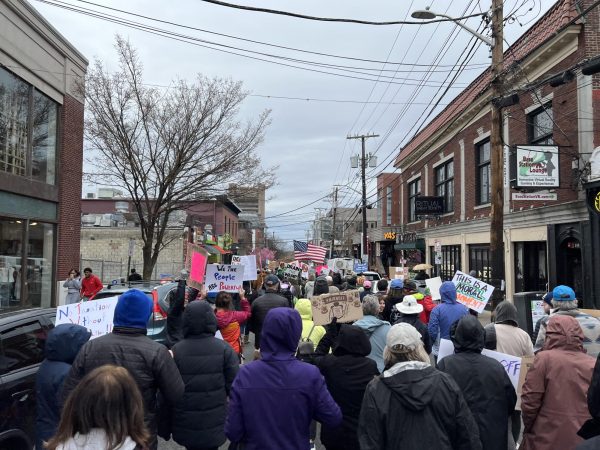
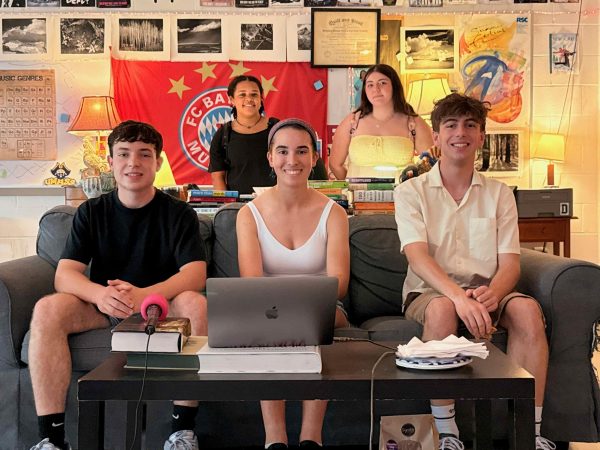
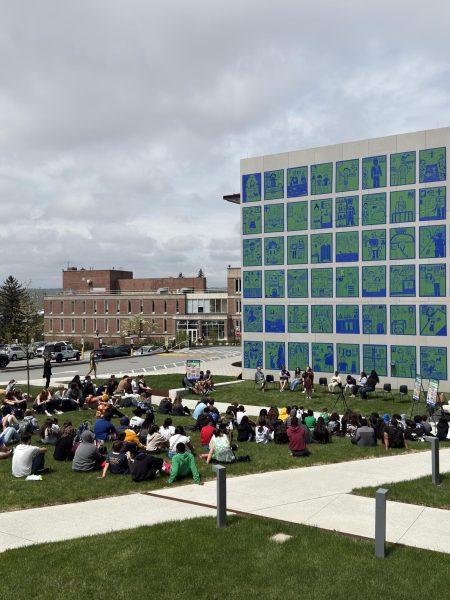


sam brodsky • Nov 9, 2017 at 6:35 am
Great subject choice. I imagine it was too thorny for many people to join the conversation. I wonder if the town has data to back up the traffic coordinators? I noticed car- counter strips on Russells mills.